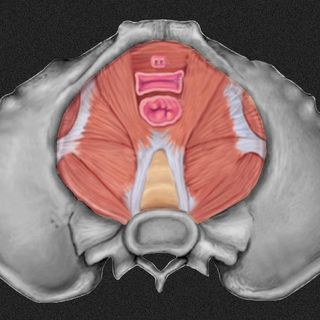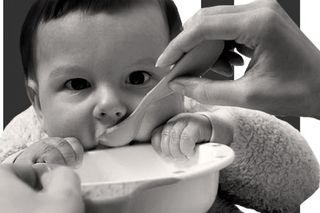
Study Challenges Theory Pinning Childhood Obesity on the Way Parents Feed Kids
Genes determine kids’ weight more than any pressure or restriction on eating.

A new study has found that how parents feed their young children is more a reflection, rather than a cause, of how their children gain weight.
This runs counter to conventional wisdom, which has linked rising rates of childhood obesity in India and around the world to unhealthy eating habits. While the nutritional value of the food kids eat has increasingly been under the microscope, so, too has their relationship with eating, which many experts say is rooted in how parents first feed their young children — whether they pressure children to clean their plate, whether they chase children with food, whether they restrict food, etc.
“Our findings suggest that parents develop their feeding practices in response to their child’s natural tendency towards a higher or lower weight. The way a parent feeds their child may also influence their child’s weight to some extent, but our results challenge the prevailing view that parental behavior is the major influence on childhood weight,” explains lead author Saskia Selzam, from the Institute of Psychiatry, Psychology & Neuroscience at King’s College London.
Read more: The Myth of Three Meals a Day
The research team says the conclusion is in line with well-documented evidence that 80% of weight gain is determined by genetic factors.
Their study found “parents whose children were genetically predisposed to have a lower weight were more pressuring of them to eat, and those parents whose children were genetically predisposed to have a higher weight were more restrictive over how much and what they were allowed to eat,” Selzam says.
This was true even for parents and children in the same family; among twins, parents were more restrictive of food with the twin who had a tendency to higher weight, and simultaneously more pressuring of the twin with a tendency to lower weight to eat.
Selzam’s team reached this conclusion using data from twins born between 1994 and 1996.
That’s not to say healthy eating habits for kids are unimportant. But “parents are not the ‘full story’ when it comes to a child’s weight, and blaming parents for being too controlling about feeding may be unfair,” says UCL’s Clare Llewellyn, the senior author of the study published in PLOS Genetics.
Other research has increasingly revealed the complexity of childhood obesity, which affects roughly 14.4 million children in India, linking the condition to children’s access to nutritious food, cognitive ability to self-regulate, sleep quality and quantity, and other chronic conditions, like asthma.
Related:
Related


Everything You Need to Know About Chlamydia
